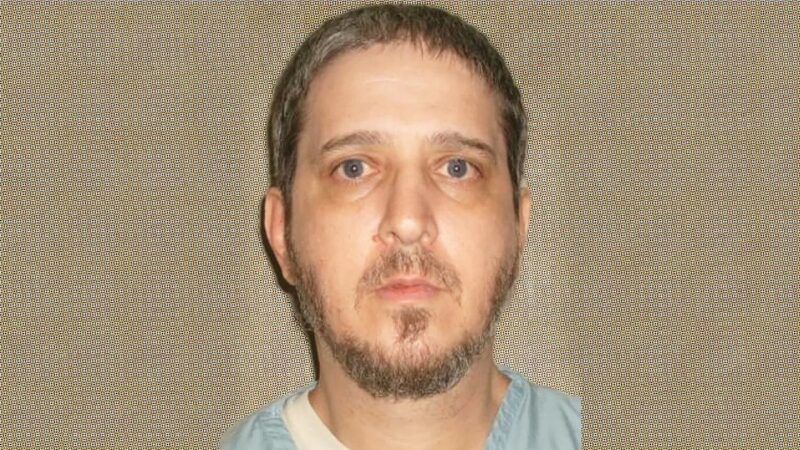Oklahoma Governor Orders Stay of Execution for Richard Glossip
Delaying Glossip's execution until December allows the courts to consider new evidence that might prove his innocence.

Oklahoma's governor has ordered a two-month stay of execution for Richard Glossip as the Oklahoma Court of Criminal Appeals considers whether to review new evidence that might prove his innocence.
Glossip was scheduled to be executed on Sept. 22. On Tuesday, Gov. Kevin Stitt released an executive order allowing a 60-day stay and rescheduling the execution for Dec. 8 "to allow time for the Oklahoma Court of Criminal Appeals to address a pending legal proceeding."
Glossip has been convicted twice of the 1997 murder of Oklahoma City hotel owner Barry Van Treese. Glossip did not kill Van Treese. Justin Sneed, who was 19 years old at the time, beat Van Treese to death with a baseball bat. Both Sneed and Glossip worked at a hotel Van Treese owned. Sneed claimed that Glossip orchestrated the murder out of fears that he would lose his job at the hotel and that he promised Sneed money. Glossip denied any involvement, and his lawyers have argued that what likely happened was a robbery attempt gone wrong by Sneed.
Sneed accepted a plea deal to avoid the death penalty and blamed Glossip. Glossip took his case to a jury and was convicted and sentenced to death, which he's been fighting ever since. The lack of concrete evidence against Glossip has fueled concerns that the state may be about to execute an innocent man. This year dozens of state lawmakers, including many Republicans who otherwise support the death penalty, have joined the chorus pushing for a new review of the evidence.
Last week, Reed Smith, the independent law firm that has been reinvestigating the case, released some new evidence that casts further doubt on Glossip's guilt. Sneed sent a letter to his public defender in 2007 saying he wanted to contact Glossip's attorneys, adding, "It was a mistake reliving this." Advocates of Glossip's innocence see this as a possible indication that Sneed was thinking of recanting his testimony against Glossip.
As a result of Reed Smith's disclosure, lawmakers have been pushing harder to convince Attorney General John O'Connor to support a new evidentiary hearing. Tuesday's order from Stitt creates an opportunity for the Court to consider if there's enough evidence that Glossip was wrongfully convicted. Glossip has also filed a clemency petition with the Oklahoma Pardon and Parole Board.


Show Comments (42)